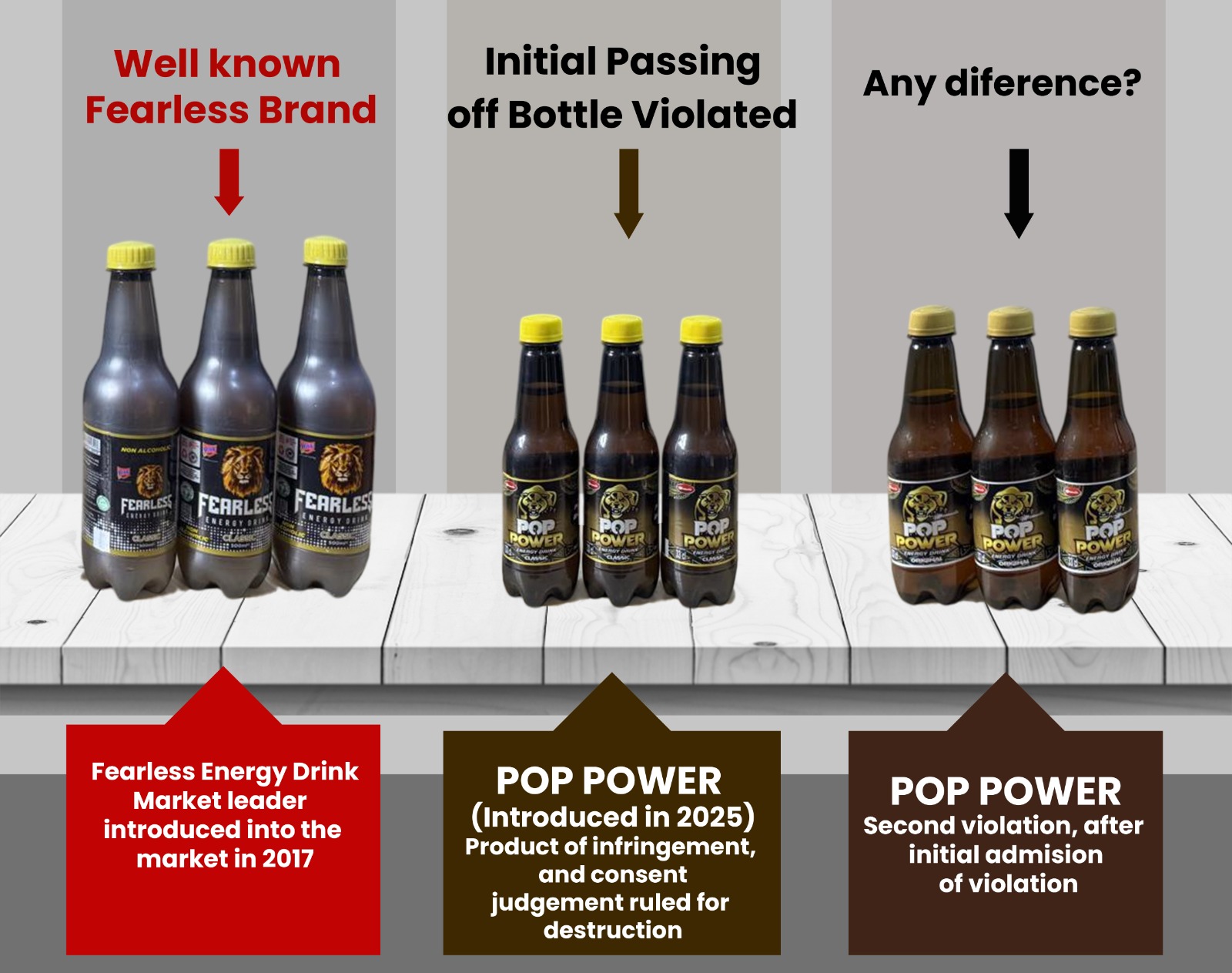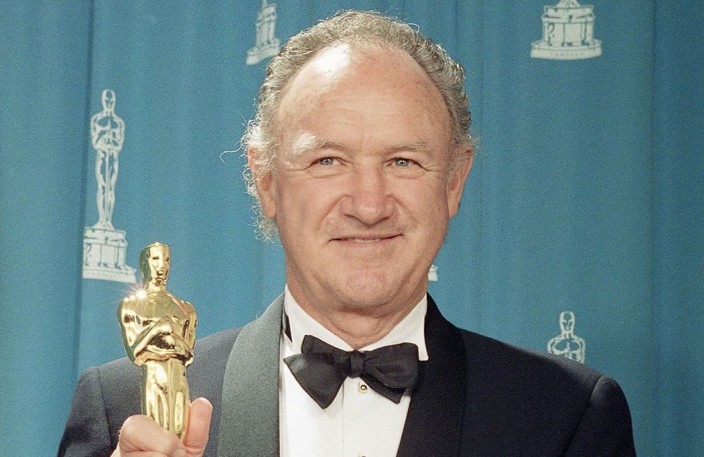Derek Chauvin has been sentenced to 21 years in federal prison for the murder of George Floyd.
The sentence means Chauvin, 46, will leave a state prison where he has been kept in solitary confinement for 23 hours a day for the past 15 months and be allowed to move to a federal prison.
Judge Paul Magnuson told Chauvin during the civil rights violation sentencing that to “put your knee on another person’s neck until they’re deceased is wrong”.
“And for that you must be substantially punished.”
Prosecutors and Mr Floyd’s family had sought the maximum 25 years on the grounds that Chauvin’s actions were cold-blooded and needless.
The defence had asked for 20 years, saying Chauvin had accepted responsibility for what he did.
Mr Floyd, 46, died on 25 May 2020 after Chauvin pinned him to the ground with his knee on his neck for 9 minutes, 29 seconds in Minneapolis. Mr Floyd had been accused of passing a counterfeit $20 bill at a convenience store.
His killing sparked protests across the United States, a reckoning over police brutality and racism, and galvanised the Black Lives Matter movement.
Chauvin was found guilty of second-degree murder, third-degree murder and second-degree manslaughter after a trial in April 2021 and sentenced to 22.5 years in a state prison in June that year.
During Thursday’s sentencing, Chauvin made a brief statement in which he addressed Mr Floyd’s children.
“I just want to say that I wish them all the best in their life and have excellent guidance in becoming great adults.” he said.
The court also heard victim impact statements from members of Mr Floyd’s family including his brother Philonese Floyd and girlfriend Courtney Ross.
Another statement came from John Pope, who sued the city of Minneapolis over an incident in 2017 when he was struck with a flashlight and held in a chokehold by Chauvin.

Chauvin pleaded guilty to using excessive force on Mr Pope, then aged 14, as part of his plea deal.
“I hope he takes this time to think about what he could have done differently and what he did to others,” Mr Pope said.
Chauvin’s mother Carolyn Pawlenty also made a statement, criticising “misinformation” that her son was racist.
“Everyone in Minnesota needs to heal and realise that all lives matter, no matter the color of your skin. Every life matters,” Ms Pawlenty said.
Defence attorney Eric Nelson said there was much more to Chauvin than his actions on 25 May 2020, adding he was a “staunch family man”.
Prosecutor LeeAnn Bell had argued that Chauvin’s actions showed he had intentionally killed Mr Floyd.
“He wasn’t a rookie. He’d been a police officer for years. He knew what his training was. He knew what he was doing was wrong and he did it anyway.”
Judge Magnuson sentenced Chauvin to 252 months minus seven months for time served.
He added that Chauvin had “absolutely destroyed the lives of three other young officers” who have also been criminally prosecuted over Mr Floyd’s death.
The former Minneapolis police officers — Tou Thao, J. Alexander Keung and Thomas Lane — were convicted in February of federal civil rights charges in Floyd’s killing. Judge Magnuson has not set sentencing dates for them.
Chauvin will also have to pay restitution.
No filming or photographs were allowed inside the federal courthouse in St Paul.
In entering his federal guilty plea, Chauvin for the first time admitted that he kept his knee on Floyd’s neck — even as the Black man’s pleaded, “I can’t breathe,” and then became unresponsive — resulting in Mr Floyd’s death.
Chauvin, who is white, admitted he willfully deprived Mr Floyd of his right to be free from unreasonable seizure, including unreasonable force by a police officer, during the May 2020 arrest.
Since he was found guilty of murder in May 2021, Chauvin has been kept isolated from other inmates within the high-security Administrative Control Unit at Minnesota state prison Oak Park Heights
Chauvin had little freedom inside the facility, with no access to job opportunities and educational programmes, the official said.
He had to shower, go to the bathroom, eat and sleep inside his cell and is allowed out for just one hour a day for exercise.
After Thursday’s sentencing, Chauvin is expected to serve more time behind bars than he would have faced on the state sentence alone.
However, experts say Chauvin might be safer, and live under fewer restrictions, in a federal prison.
His security level and final destination will be up to the US Bureau of Prisons, which could send him anywhere in the country.
Chauvin ran the risk in the general population of a Minnesota state prison of encountering inmates he had arrested or investigated. While he can’t totally escape his notoriety in a federal prison elsewhere, he’s unlikely to encounter inmates with whom he has a direct connection.
If the bureau decides he’s safe enough in the general population, he’d have more opportunities to move about the facility, to work and to participate in programming.
With credit for good time in the federal system, he could serve around 17 years behind bars.





























Leave a Reply